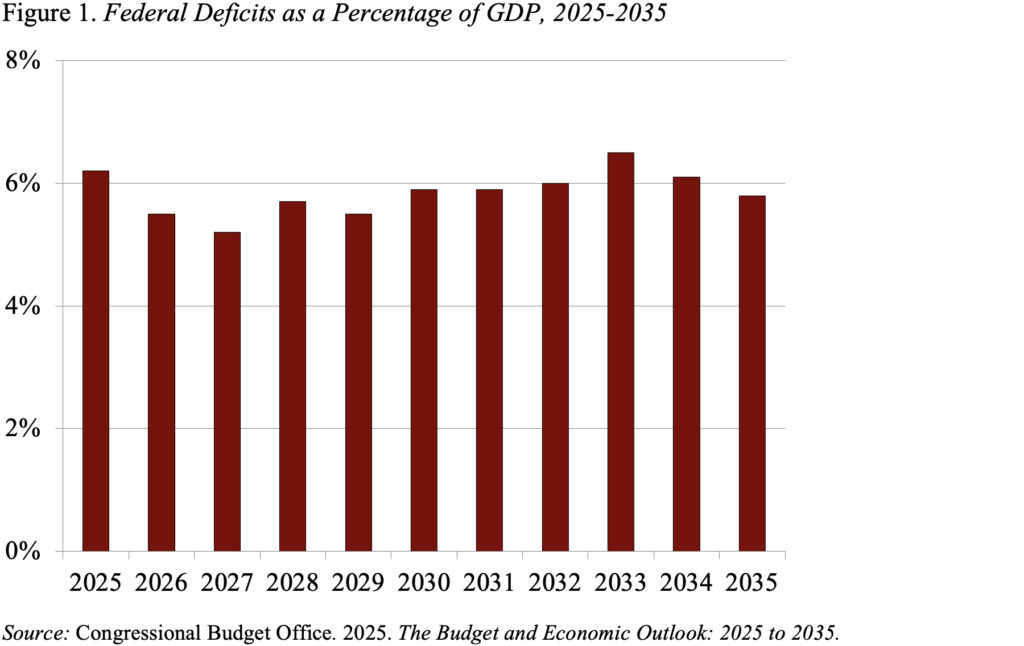Healthcare Shocks Could Cost Retirees Dearly, Warns Study

While retirees use several tools to insulate themselves from unexpected medical expenses, but they remain vulnerable to the costs associated with long-term care, according to a recent analysis by the Center for Retirement Research at Boston College.
The research used data from the Health and Retirement Study, a long-term national survey of individuals over 50, to examine how retirees with at least $100,000 in investable assets respond to major healthcare shocks.
The team behind the analysis, which includes the center's recently retired director Alicia Munnell, categorized “shocks” as either medical, defined as annual out-of-pocket spending in the top ten percent of all retirees, or long-term care, which included any spending on nursing homes or home care.
According to the report, medical cost spikes have limited long-term financial impact. Households experiencing a medical expense shock did not show a statistically significant increase in Medicaid enrollment or a decrease in wealth, though the data did show a small decline in expected bequests of $100,000 or more.
In contrast, the study found that retirees living with long-term care expenses were far more likely to enroll in Medicaid, with enrollment rates rising by 6.6 percent in the year of the shock and an additional 2.4 percent the following year.
“These increases are enormous in relation to the baseline rate of Medicaid coverage in this population of 4 percent before the shock,” the report stated, noting that Medicaid "is not a good solution for most households, since it requires the household to forfeit virtually all its wealth."
The financial strain from long-term care was also clear to see in households' net wealth. On average, retirees experiencing an extended care cost shock saw their net worth decline by $78,200. And while only 30 percent of respondents in a 2024 survey by Greenwald Research expected to use home equity to cover medical or long-term care costs, the analysis of actual spending patterns suggested otherwise.
“The estimated decline in the value of the primary residence suggests households do draw on their home equity to finance long-term care shocks,” the study noted.
Additional data from the Health and Retirement Study showed significant medical expenses for retirees whether they experienced medical or long-term care shocks. Those with long-term care costs spent an average of $10,443 out-of-pocket annually, with two-thirds going toward nursing home care. Meanwhile, retirees who experienced medical shock spent an average of $11,937 annually, with prescription drug costs making up nearly half of their out-of-pocket expenses.


